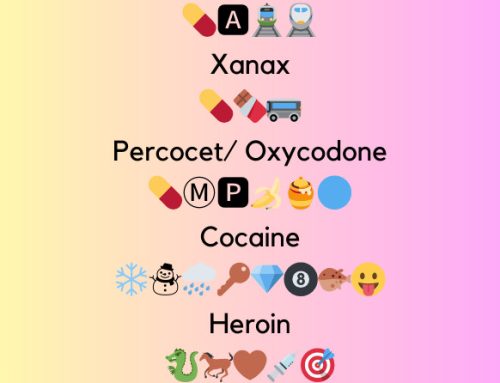
The concept of kids getting too much screen time is a decades-old issue for parents. Television watching used to be regulated- by default- by the TV schedule determined by broadcasting stations. As a child, I recall that when the Saturday morning cartoons were over, it was time to go outside and play. Over time, it has become easier to adapt the viewing schedules to our individual preferences to the point that we can now live stream just about anything to a personal device whenever it pleases us to do so.
Add to that the nonstop engagement with friends and family through digital media services. Now it is not only the constant screen time, but the never-ending barrage of emotionally charged posts that take the issues beyond those of eye strain and lack of physical activity and into mental and emotional wellness.
A recent study of more than 3800 adolescents followed over four years observed that the children experienced increased anxiety along with decreased self-esteem corresponding to increased hours spent on social media (Patoine, 2020). Of course, individual factors play into the effects of digital media on a young person’s mental and physical health, and how it is used can mean more than how much. Research is ongoing to determine how screen activity affects the developing brain, but it stands to reason that an hour of action-packed video games, an hour of exchanging gossip with friends, and an hour of Facetime with Granny would all have different effects on the mind and emotions.
Source: https://dana.org/article/social-media-teens-no-simple-answers/




